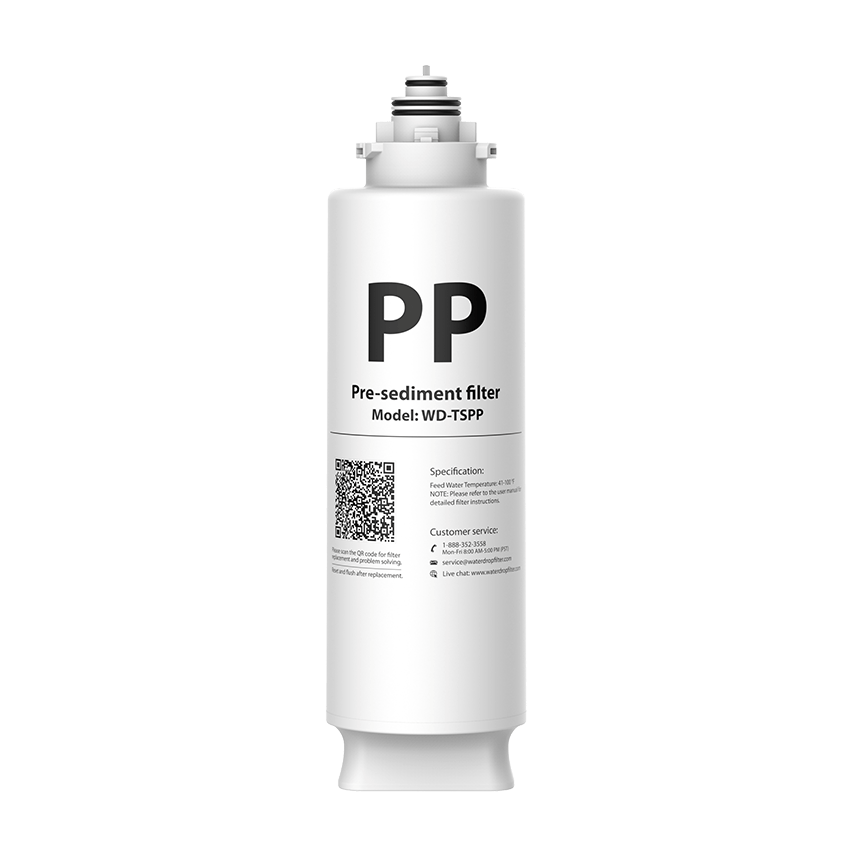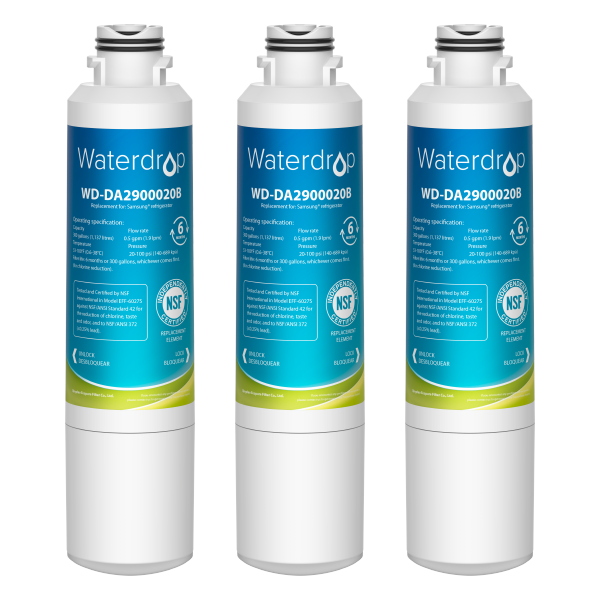What Is Hard Water? A Comprehensive Guide for Australians
by Dr. Jonathan Doyle - Updated January 14, 2025
Hard water is a common issue in many Australian homes, yet it often goes unnoticed until it starts causing problems. From the buildup of limescale on your taps to soap scum on your shower glass, hard water can have a significant impact on your plumbing, appliances, and even your skin. If you’ve ever wondered about the effects of hard water and how to handle it, this article will answer all your questions in simple, easy-to-understand language.
In this guide, we’ll cover what hard water is, why it’s an issue in Australia, and how you can manage its effects in your daily life.
What Is Hard Water?
Hard water is water that contains a high level of dissolved minerals, specifically calcium and magnesium. When rainwater seeps through the ground, it picks up these minerals, which then enter the water supply. The higher the concentration of calcium and magnesium, the “harder” the water becomes.
In Australia, the hardness of water varies depending on the region. Some areas, particularly those in and around large urban centres, experience very hard water, while others have soft or moderately hard water. Hard water is typically measured in “parts per million” (ppm) or “degrees of hardness” (°dH). Water with over 200 ppm is considered very hard, while water below 60 ppm is generally considered soft.
But why does this matter? Hard water affects not just your appliances but also your daily activities, making it crucial to understand how to manage it effectively.
How Does Hard Water Affect Your Home?
Impact on Plumbing and Appliances
One of the most immediate effects of hard water is the build-up of limescale or calcium deposits in pipes and appliances. Over time, these deposits can restrict water flow, causing blockages and even damaging the pipes. This can lead to costly repairs and a shortened lifespan for appliances like dishwashers, washing machines, and kettles.
For example, a kettle in a hard water area will develop a visible layer of limescale that reduces its efficiency and can eventually cause it to stop working. Similarly, dishwashers and washing machines often develop scale buildup, which impacts their ability to function properly, leading to longer wash cycles or even breakdowns.
Soap Scum and Residue
In a home with hard water, you’ve probably noticed soap scum building up on your shower walls, bathtub, and even in your laundry. Soap and shampoo don’t lather as easily in hard water because the calcium and magnesium ions bond with soap molecules, forming a curdy, sticky residue.
This can leave your skin feeling dry, your hair less shiny, and your bathroom looking less than sparkling. Soap scum is difficult to clean and often requires specific cleaning products designed to break down the mineral deposits.
Skin and Hair Health
Hard water can also affect your skin and hair, making it dry and irritated. The minerals in hard water can strip away your skin’s natural oils, leading to dryness and conditions like eczema or dermatitis. For your hair, hard water can cause it to become limp and lacklustre, as the minerals weigh it down and reduce its natural shine.
If you’ve ever wondered why your skin feels tight or your hair lacks volume despite using moisturizers and conditioners, hard water could be the culprit.
How Can You Identify Hard Water in Your Home?
There are a few telltale signs that your water may be hard:
While these signs are helpful, the best way to know for sure whether you have hard water is to test your water hardness. You can purchase a simple water hardness test kit at most hardware stores or online.
What Are the Effects of Hard Water on Your Health?
While hard water doesn’t pose a direct health risk, it can have an indirect impact on your well-being. The minerals in hard water (mainly calcium and magnesium) are essential for health, but the amount in water is too small to provide significant nutritional benefits.
However, when it comes to your skin and hair, the drying effects can be noticeable. If you already suffer from conditions like eczema or psoriasis, hard water can exacerbate these issues. Many Australians with sensitive skin may find that switching to softened water helps alleviate some of these symptoms.
How Can You Manage Hard Water in Your Home?
There are several ways to manage hard water in your home, ensuring that its effects don’t disrupt your daily life. Below are some solutions that can help:
Reverse Osmosis System
One of the most effective ways to manage hard water is by installing a reverse osmosis (RO) filtration system. RO systems use a semi-permeable membrane to remove minerals like calcium and magnesium, which are the primary culprits behind hard water. This process ensures that the water you use for drinking, cooking, and bathing is free from these harmful minerals.
Reverse osmosis is not only highly efficient in reducing hardness but also improves water quality by removing contaminants like chlorine, lead, and pesticides. With an RO system, you’ll notice cleaner water, reduced soap scum buildup, and longer-lasting appliances. It’s a long-term, reliable solution to managing hard water in your home while improving overall water quality.
Consider investing in an RO system for optimal hard water management.
Water Softener Systems
The another effective way to manage hard water is to install a water softener system. These systems use ion exchange to remove calcium and magnesium from the water, replacing them with sodium or potassium ions.
Descaling Products for Appliances
If you’re not ready to invest in a water filter or water softener, descaling products are available that can help reduce the effects of hard water on your appliances. These products work by breaking down the limescale that builds up in kettles, dishwashers, and washing machines. While they don’t solve the underlying problem, they can help prolong the life of your appliances and reduce mineral buildup.
Vinegar for Cleaning
For soap scum and limescale buildup in the bathroom, vinegar is a tried and tested solution. White vinegar is excellent for dissolving calcium and magnesium deposits. Simply apply it to the affected areas, let it sit for 15–20 minutes, and scrub away the buildup. This can help restore the sparkle to your taps, shower heads, and tiles without the need for harsh chemicals.
Using Specific Products for Hard Water
In the case of soap scum and dry skin, you can also choose products that are specifically formulated for hard water. Look for shampoos, conditioners, and body washes that are designed to combat the drying effects of hard water, leaving your skin and hair feeling softer and more hydrated.
Conclusion
Hard water is a common problem in Australia, but it’s one that can be managed effectively with the right knowledge and tools. Whether it’s affecting your plumbing, appliances, or personal care routine, understanding how to tackle the issue will make your home more comfortable and reduce long-term damage.
By investing in solutions like reverse osmosis water filters, descaling products, or even simple DIY tricks like vinegar cleaning, you can manage hard water and enjoy the benefits of smoother skin, shinier hair, and longer-lasting appliances.
Contaminants Detected in Fruitland Water Special Service District
30
Contaminants
EXCEED EWG HEALTH GUIDELINES
EXCEED EWG HEALTH GUIDELINES
30 Total Contaminants in Your Water
Water Provider
Fruitland Water Special Service DistrictPopulation Affected
120,000Water Source
Ground waterExceeds Guidelines
Others Detected
















